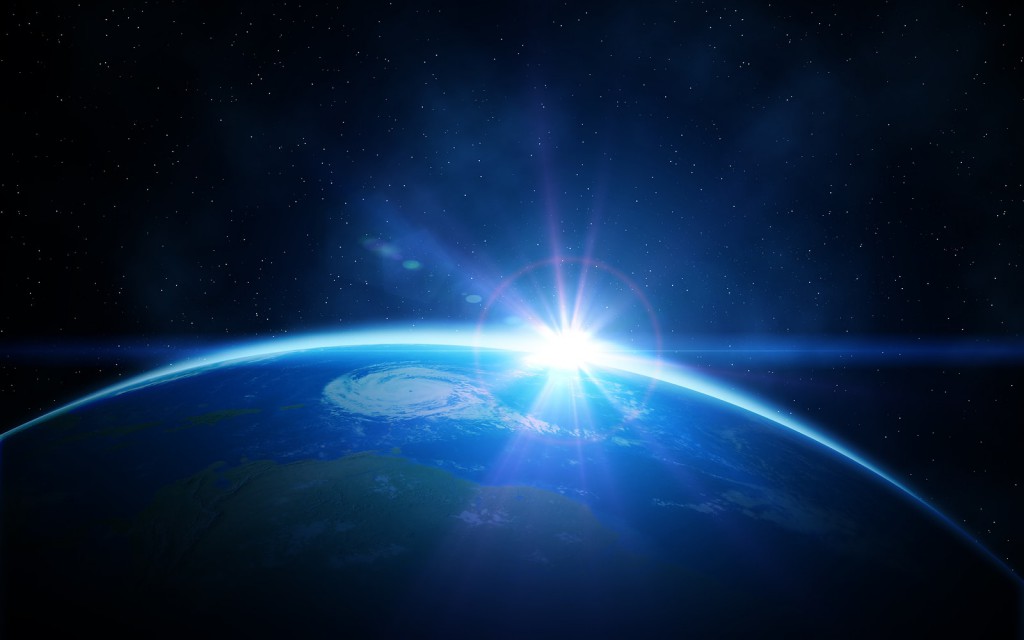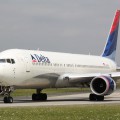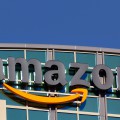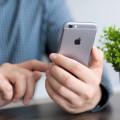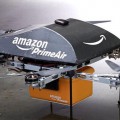In just a couple of years, passengers should be able to buy a ticket, maybe on Amazon.com, and fly into outer space.
Blue Origin, the space company of Amazon founder and CEO Jeff Bezos, has announced plans to begin test flights of its reusable suborbital vehicle next year. And in 2018, Bezos said, Blue Origin hopes to begin flying paying customers into space.
The spacecraft is called New Shepard. Blue Origin plans to build six New Shepard vehicles, each of which can carry six passengers at an altitude of more than 62 miles above Earth. Passengers should be able to experience weightlessness for a few seconds, and they can look down on earth and see the blackness surrounding our home planet.
Bezos founded Blue Origin in 2000. The company now has about 600 people working in a former aircraft plant in the Seattle area.
The Blue Origin manufacturing facility was opened to the media for the first time in March. (Besides the passenger crafts, the facility also produces rocket engines for other companies, including Lockheed and Boeing.) Although it has always been clear that Blue Origin intended to fly paying passengers into space, the media tour marked the first time that Bezos had mentioned a target date for lift-off.
You Might Also Enjoy: Amazon Books Goes ‘Offline’ with Sales
The ticket price will likely be out of the reach of most people, though. Bezos didn’t name a price, but he said Blue Origin would be priced competitively with similar planned flights from other companies.
Richard Branson’s Virgin Galactic has set its price for a suborbital space ride on a six-passenger vehicle at $250,000. Another company, XCOR Aerospace, is charging about $100,000 for one person to fly alongside a pilot on a craft called Lynx.
Some of the vehicles, have had inconsistent histories in their early test flights. Blue Origin lost its first reusable rocket in 2015 on an unmanned flight, although the capsule safely parachuted to the ground. A second ship has made two successful test flights. The company plans to keep testing that ship until its usefulness is done and then switch to new ships designed to test human flight. Next year’s flights will be manned by test pilots.
Virgin Galactic lost a ship called SpaceShipTwo when it broke apart on a test flight in 2014. The copilot was killed and the pilot was badly injured. The company has unveiled its second spaceship and expects to begin test flights soon.
During the media tour, Bezos said he’s not concerned about whether it’s his company or another that is the first to offer commercial space flight. They market is wide open, he said, and the first company won’t crowd competitors out. Getting the equipment right and ensuring safety is his goal, he said, adding that he expects to eventually fly 100 passenger trips into space every year.

